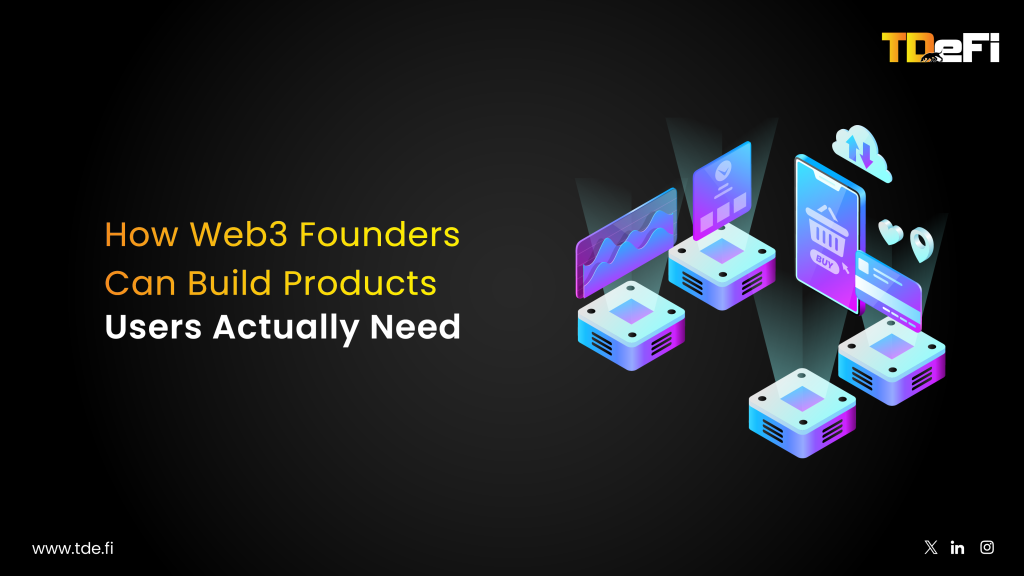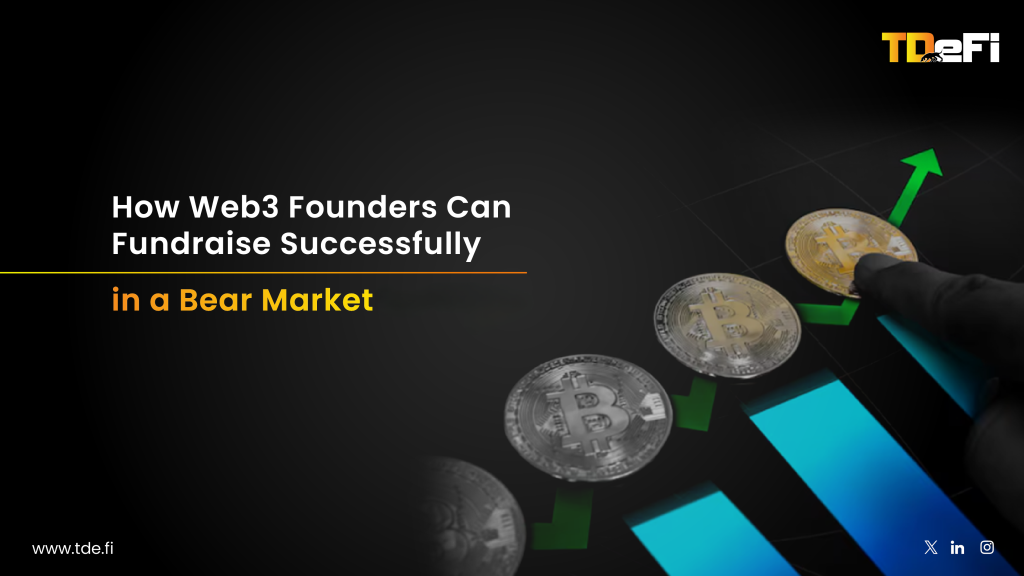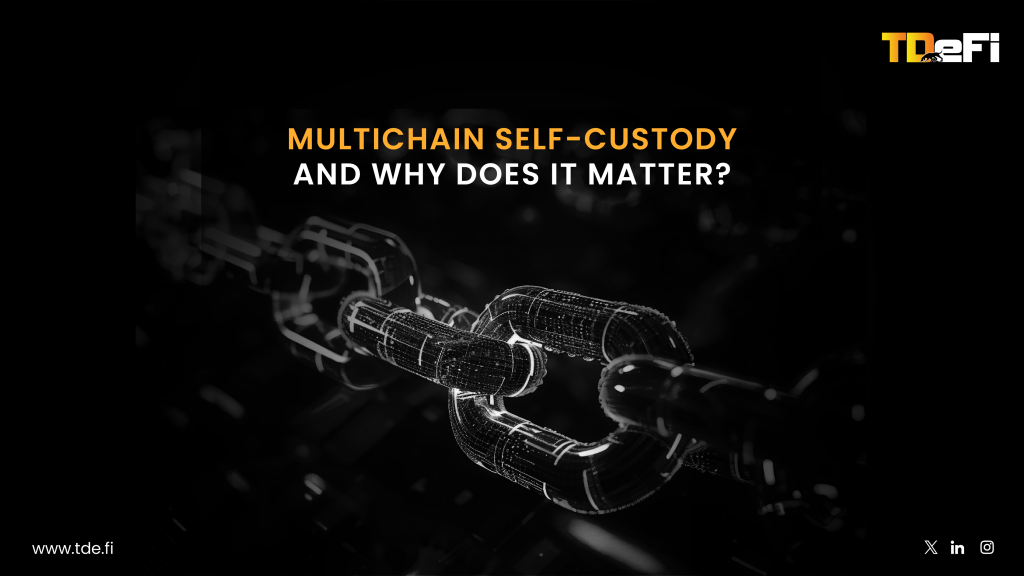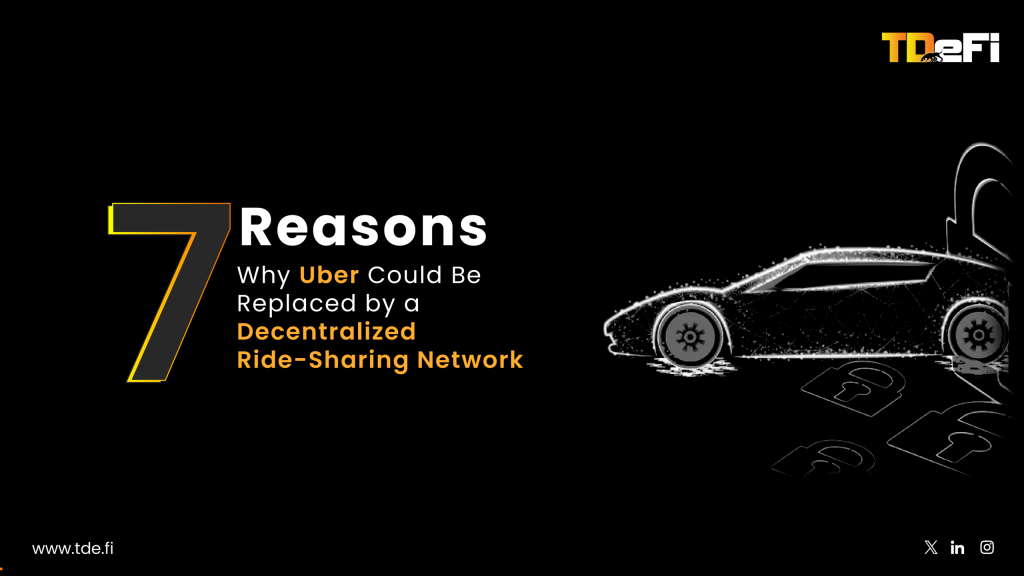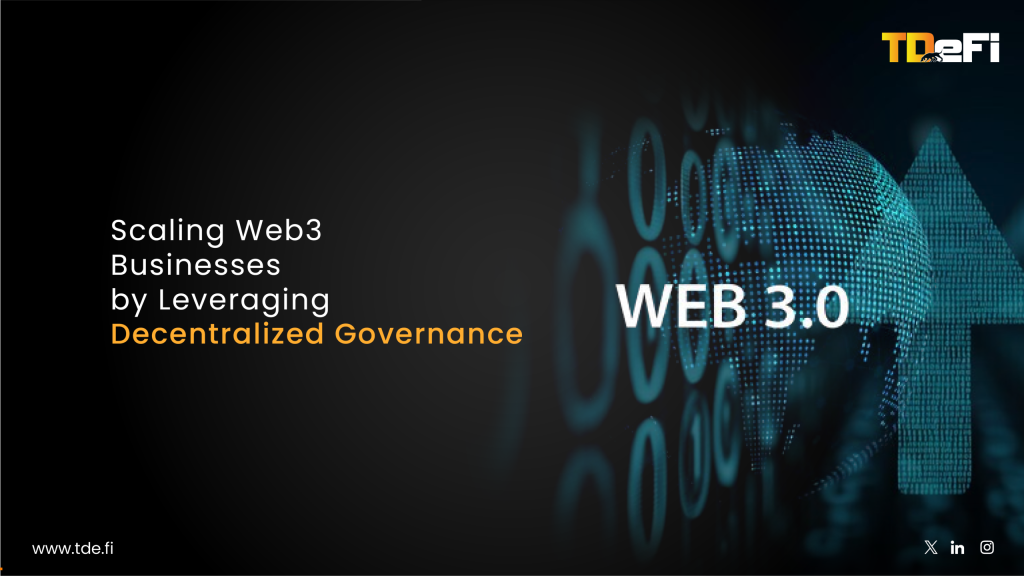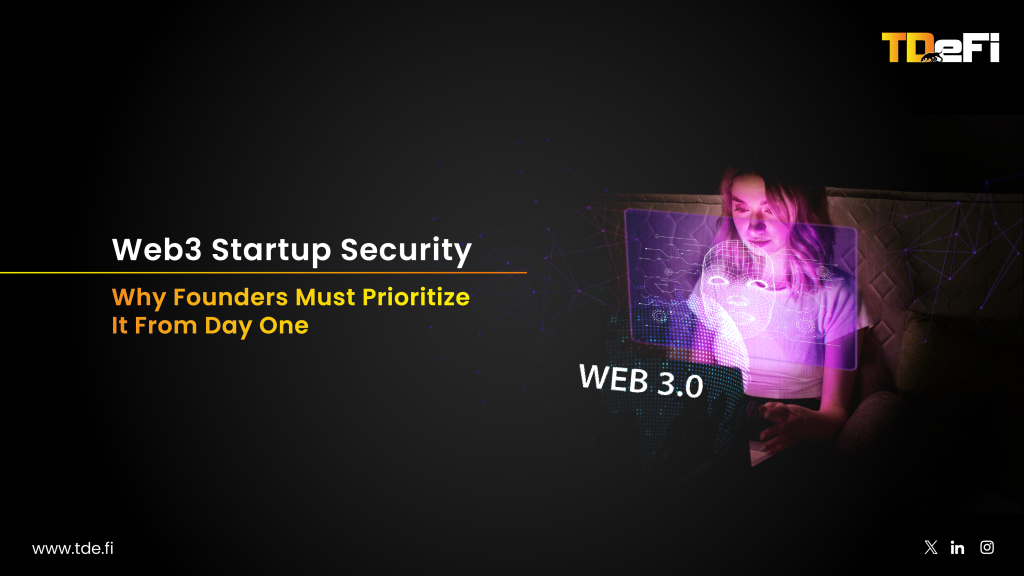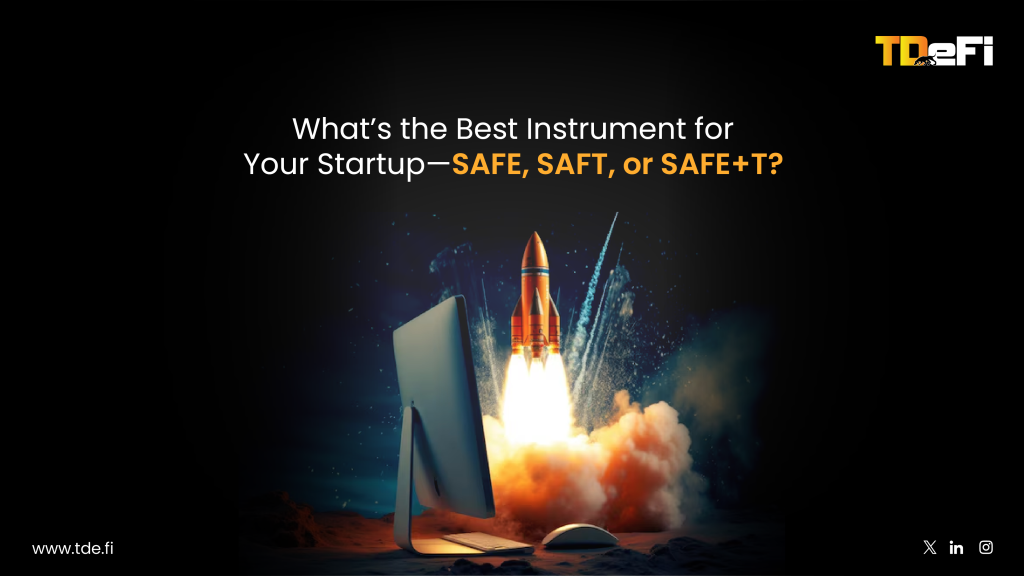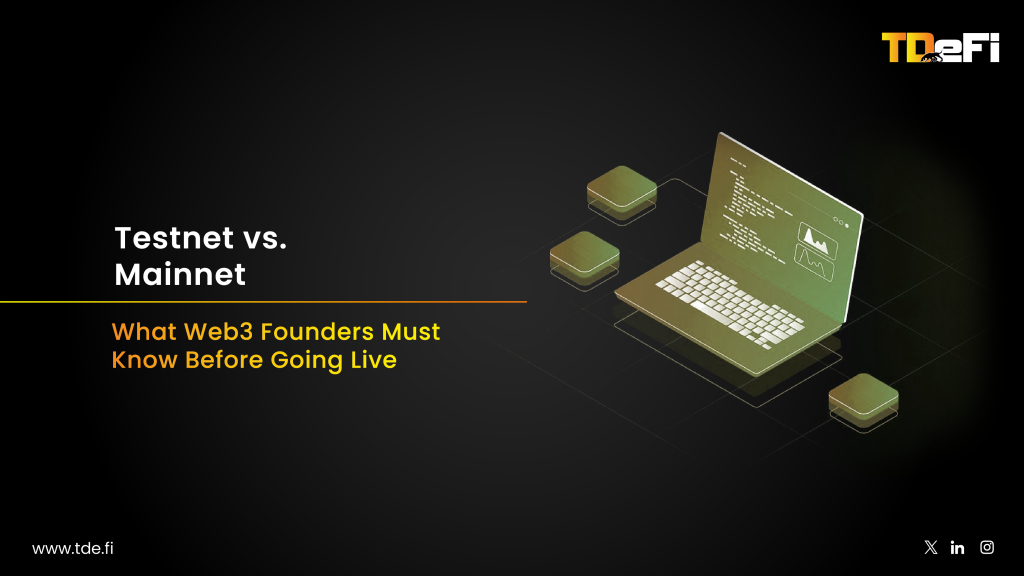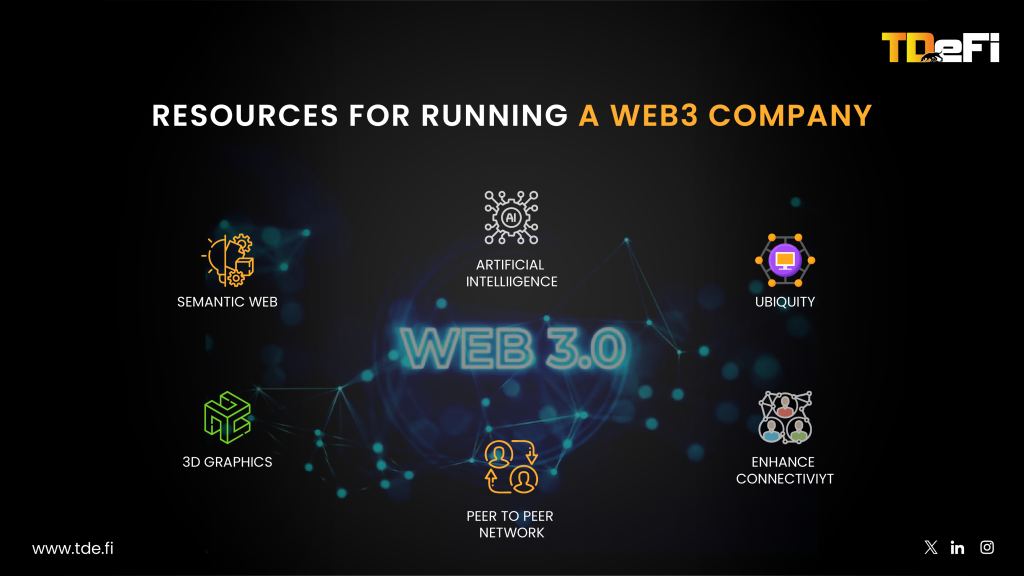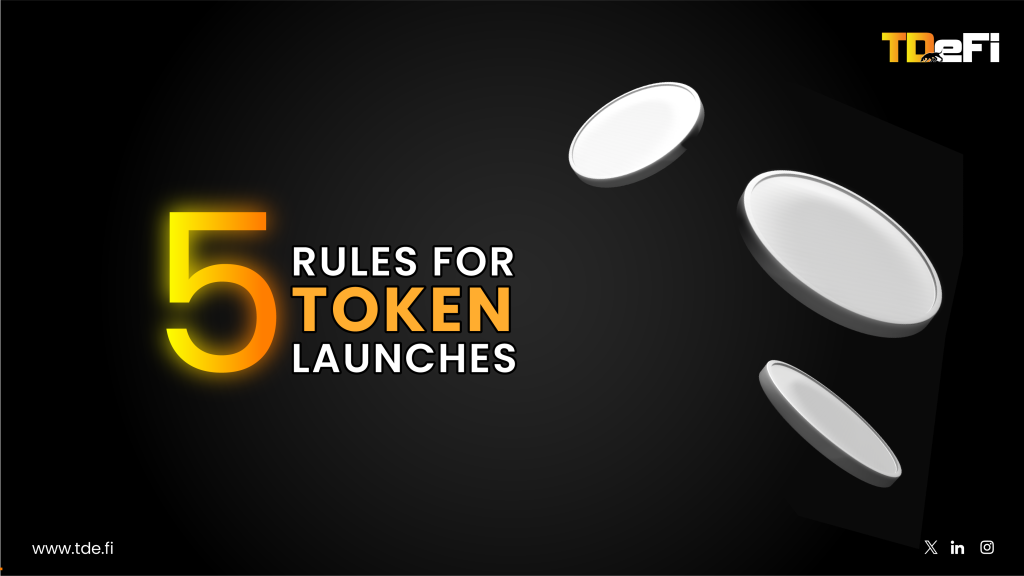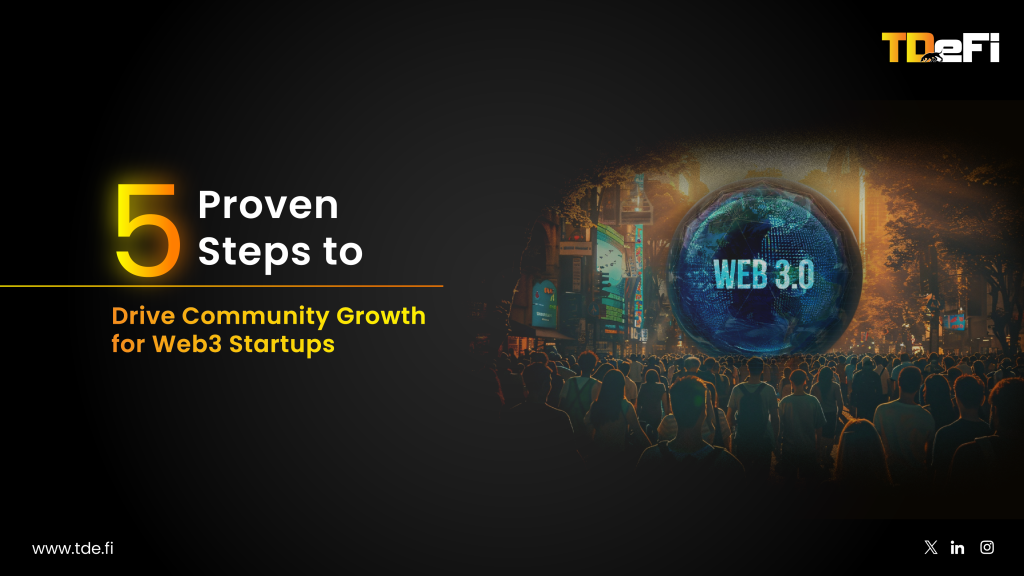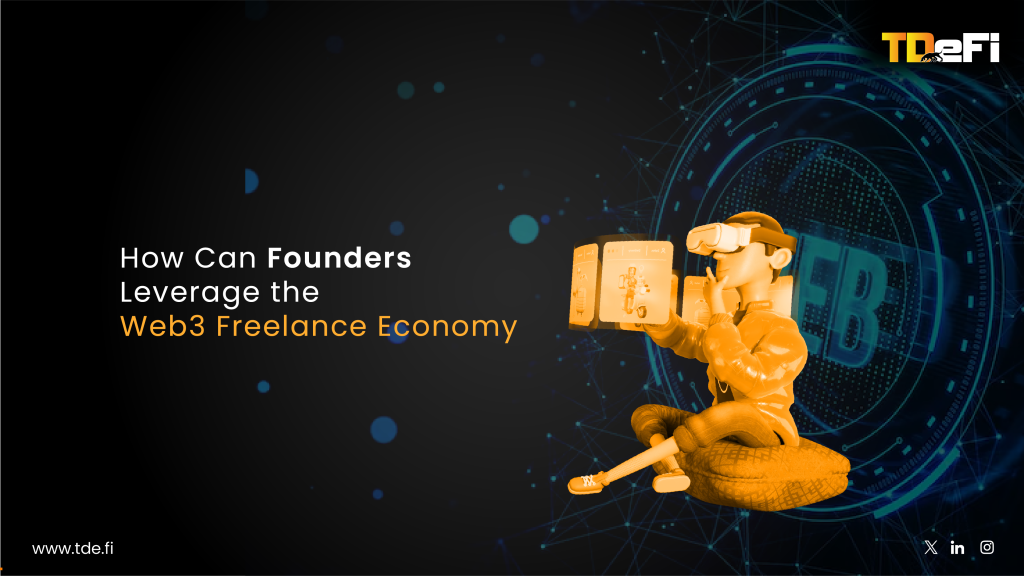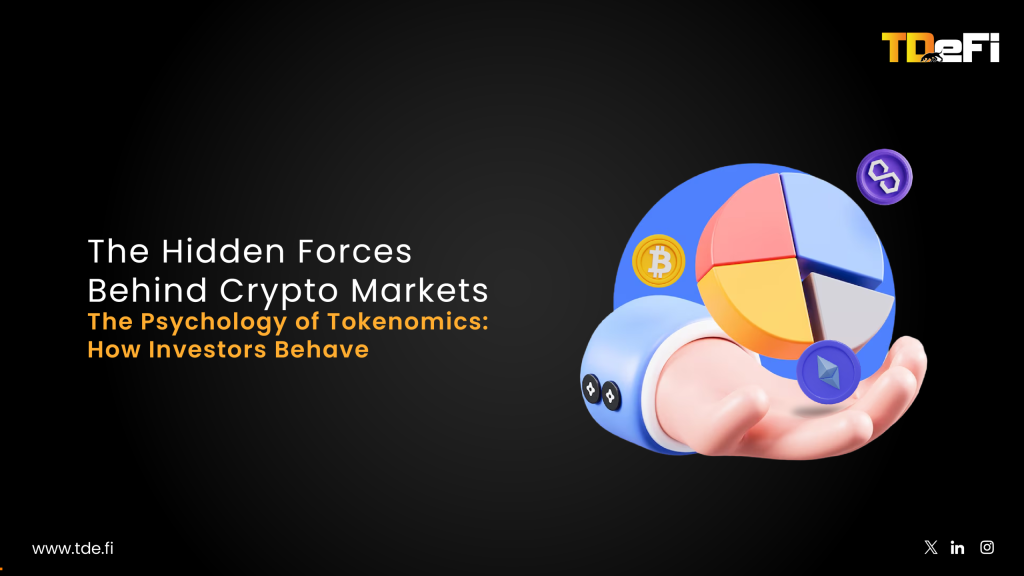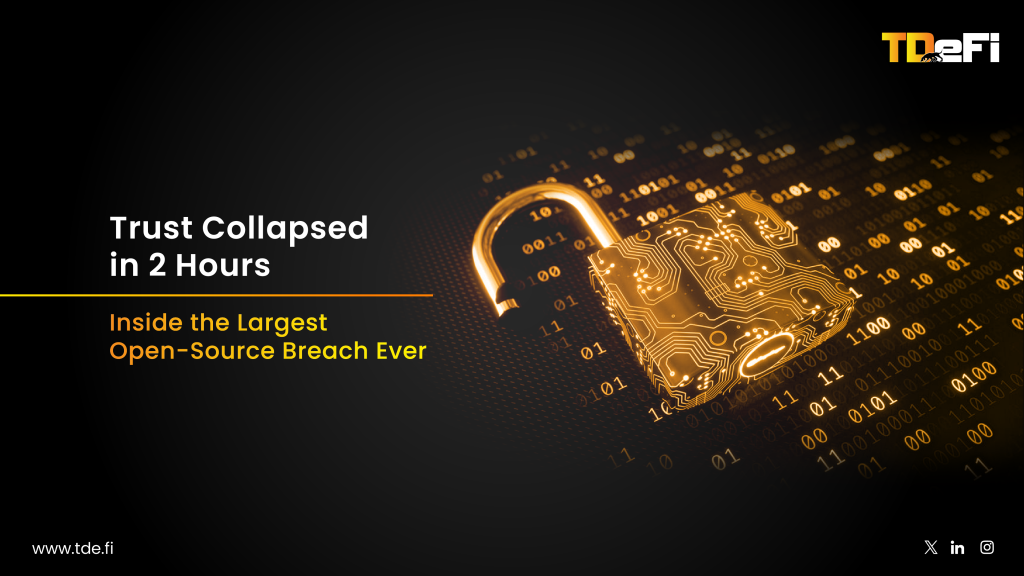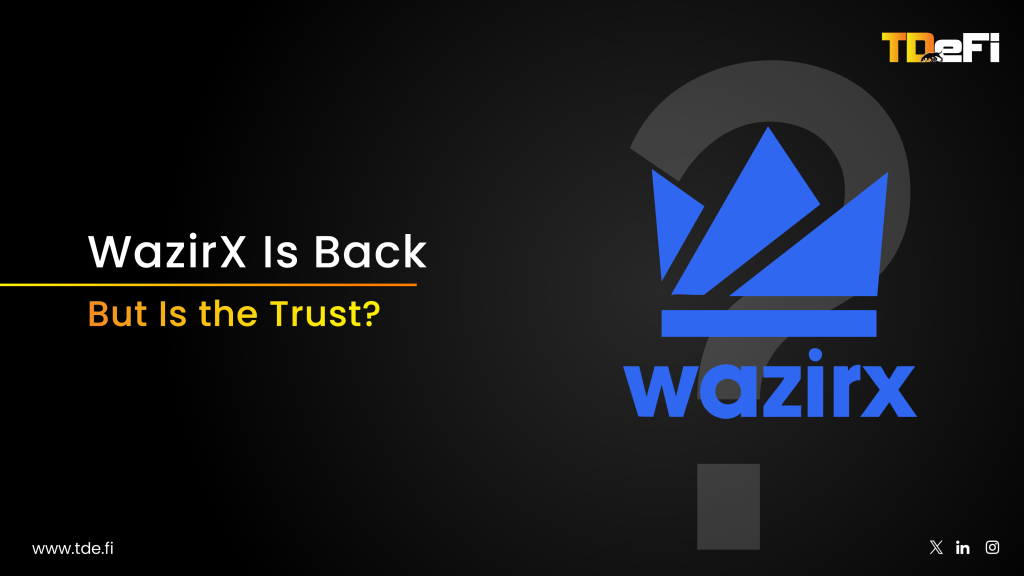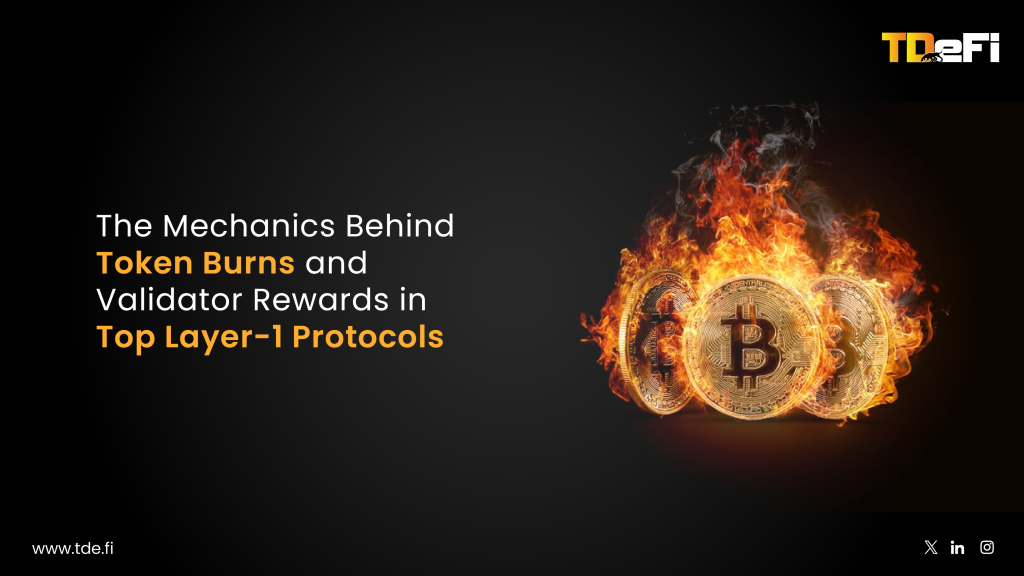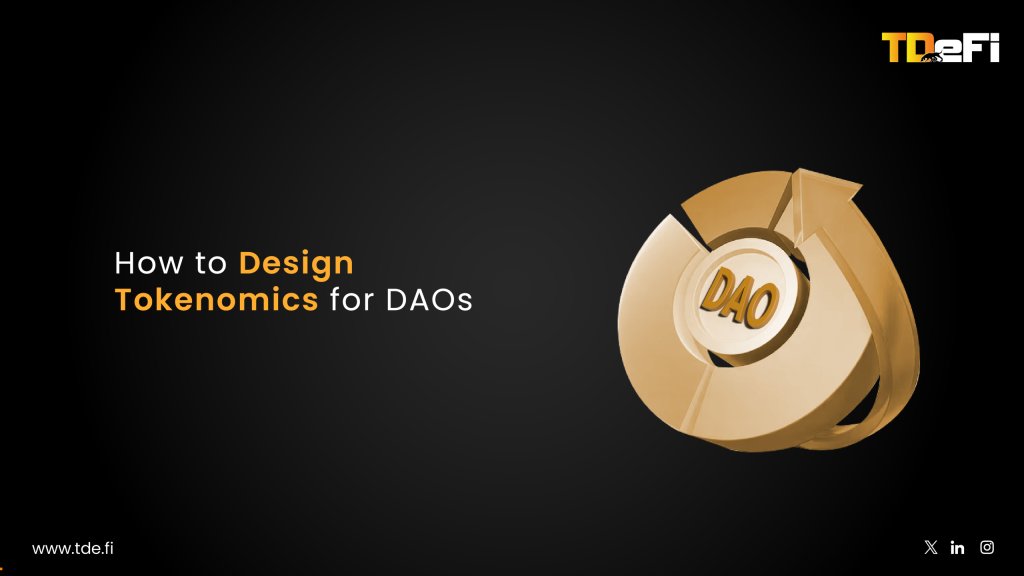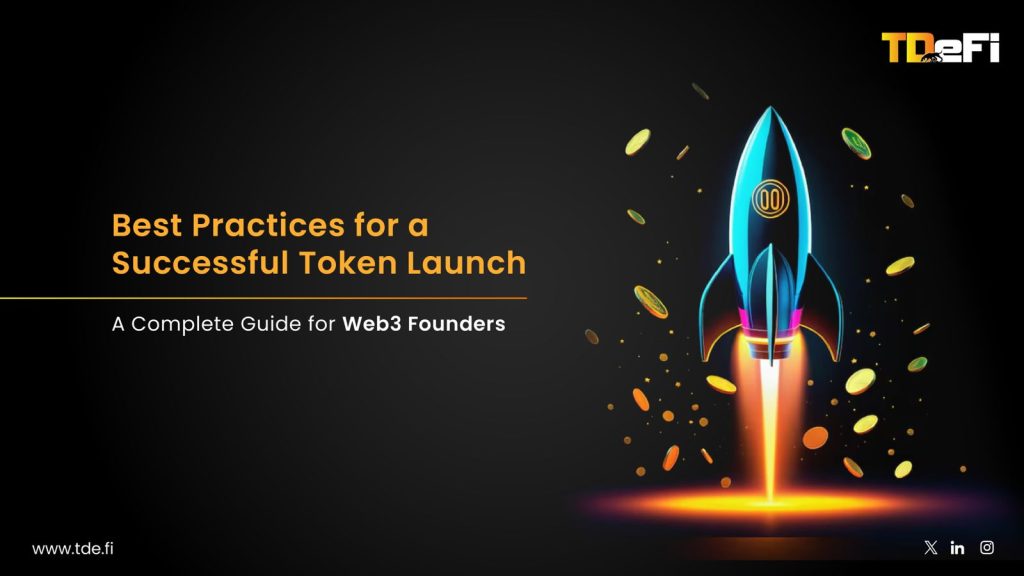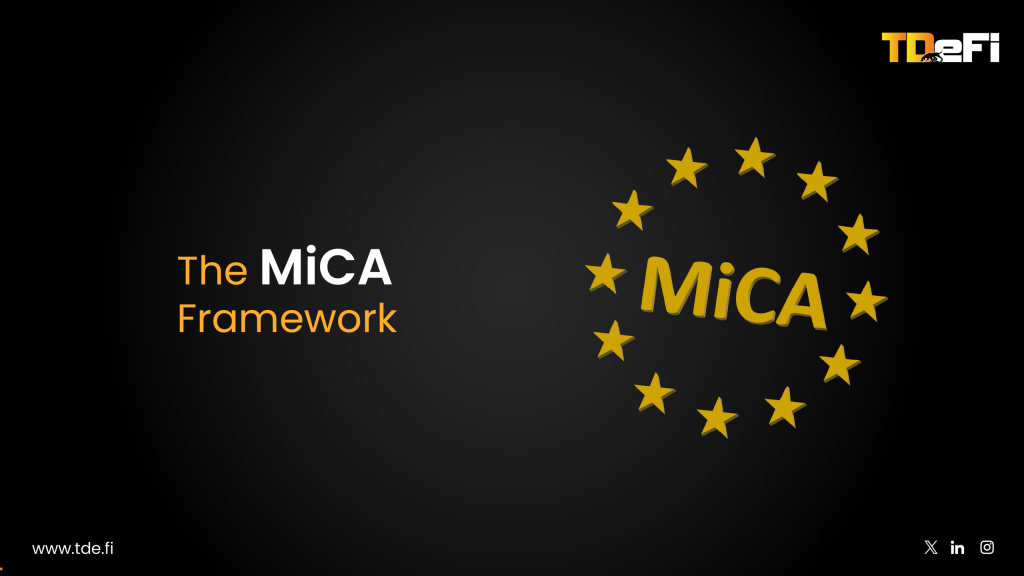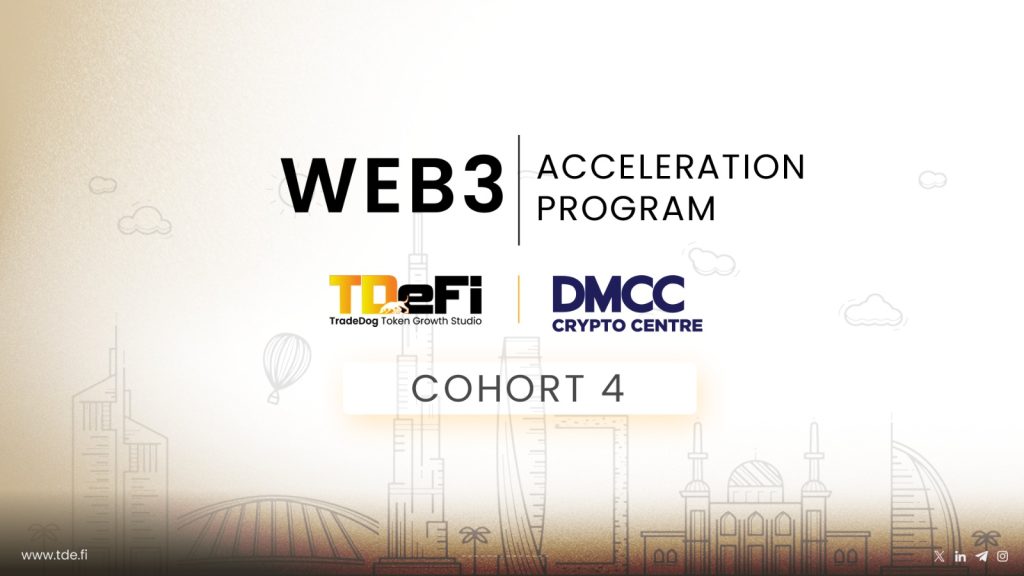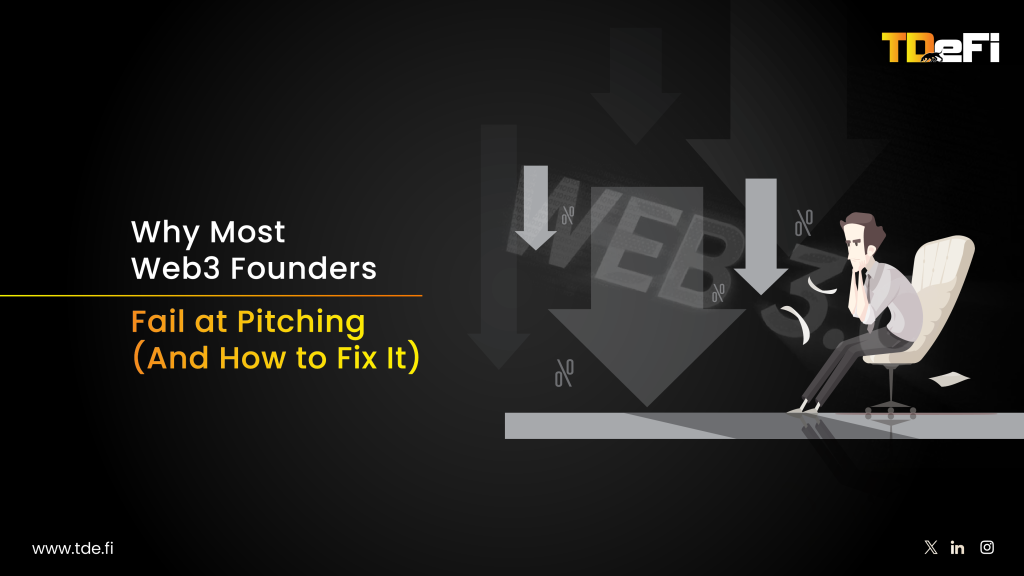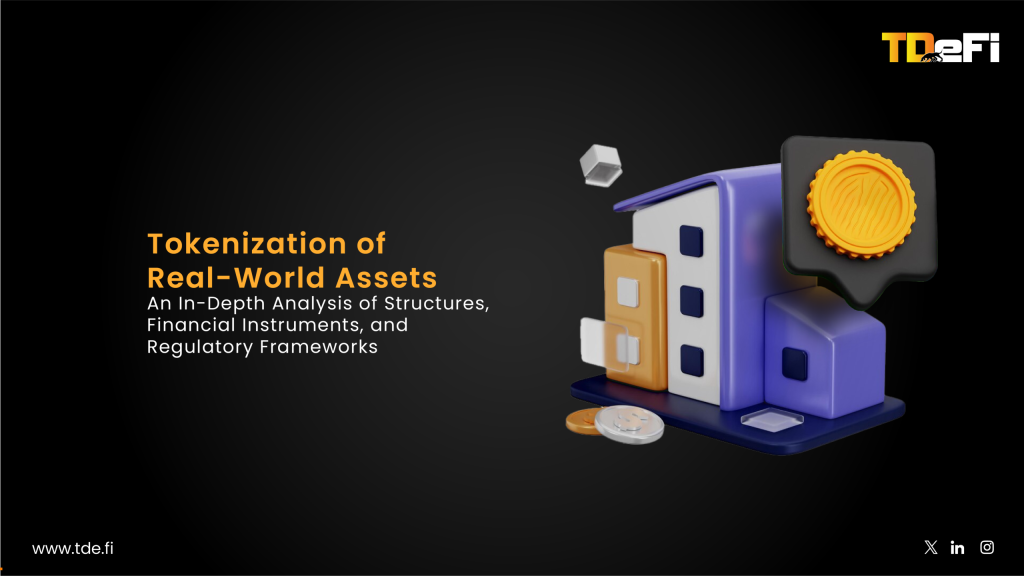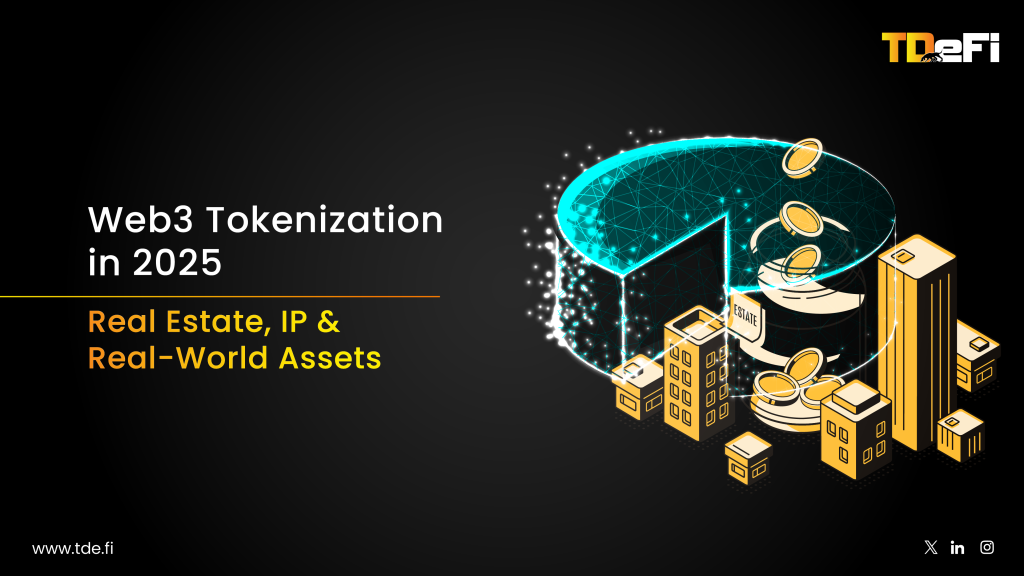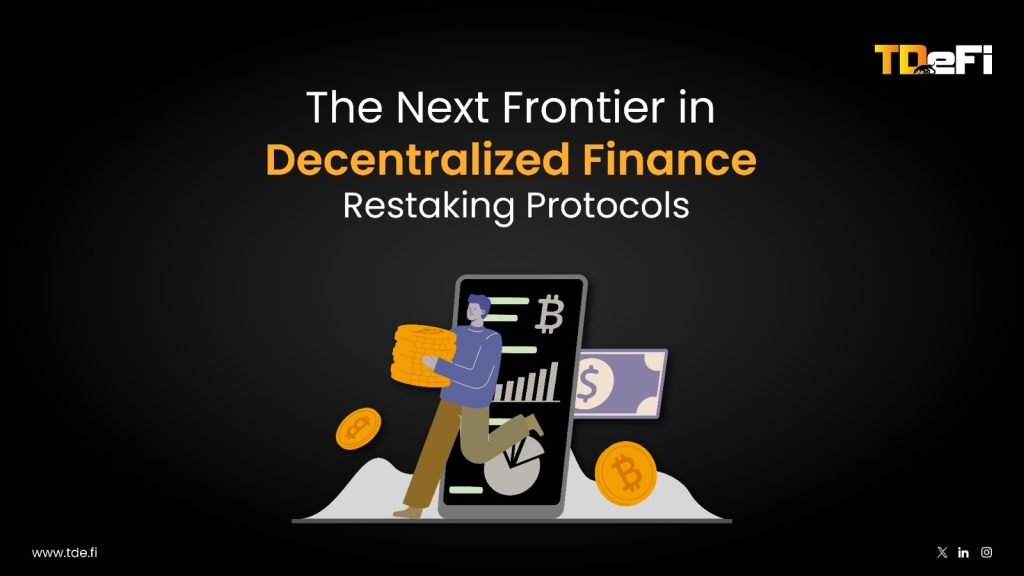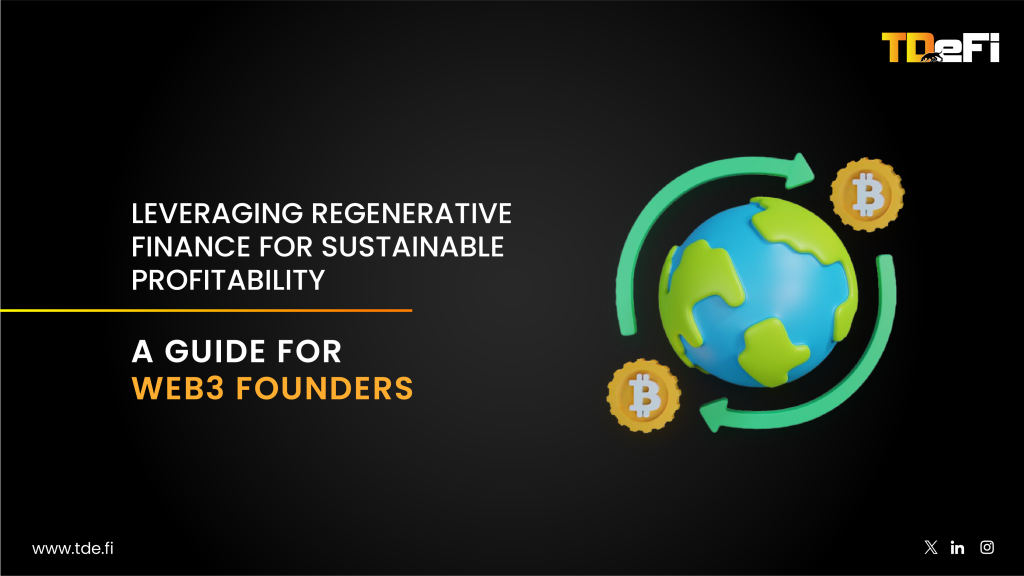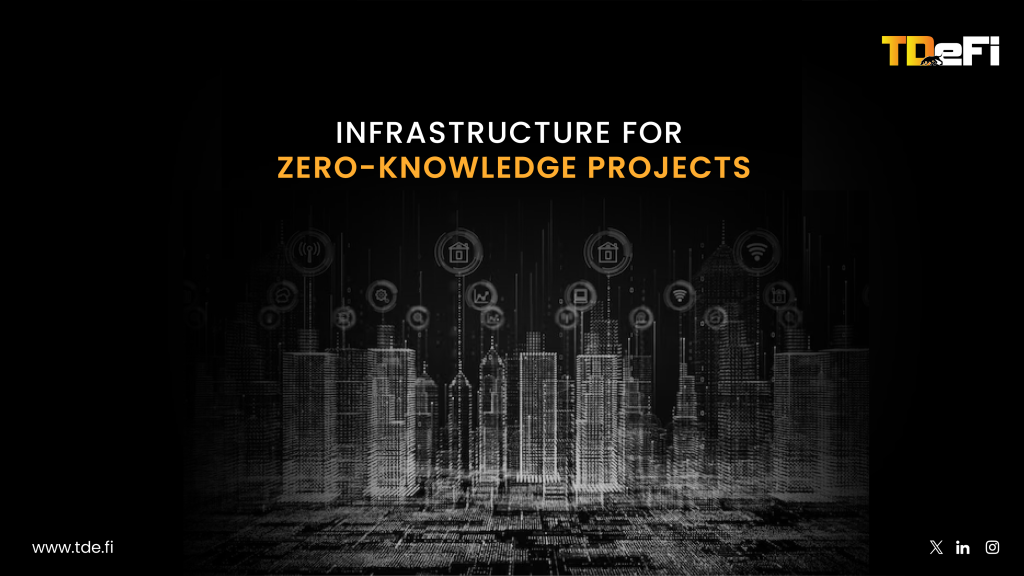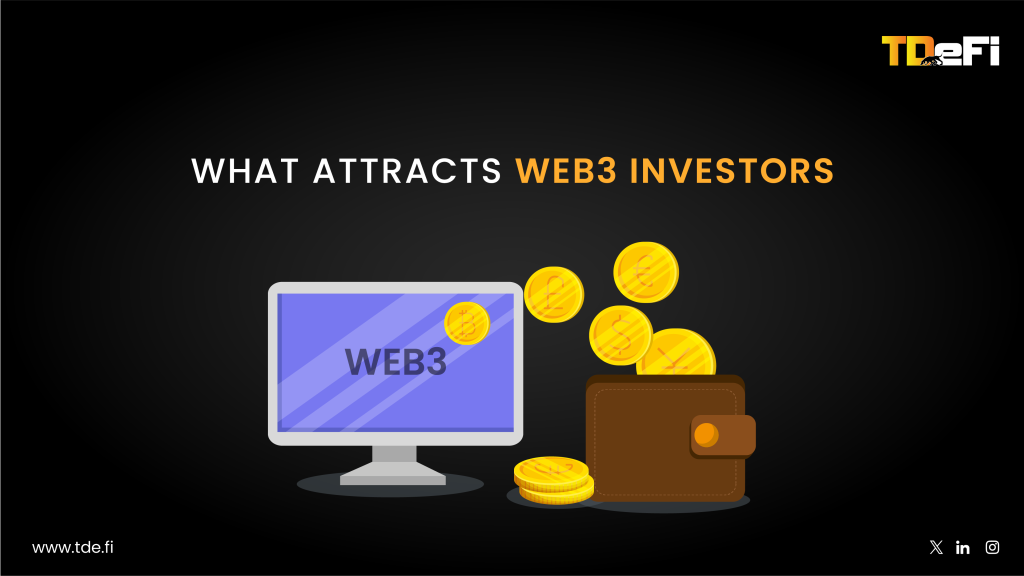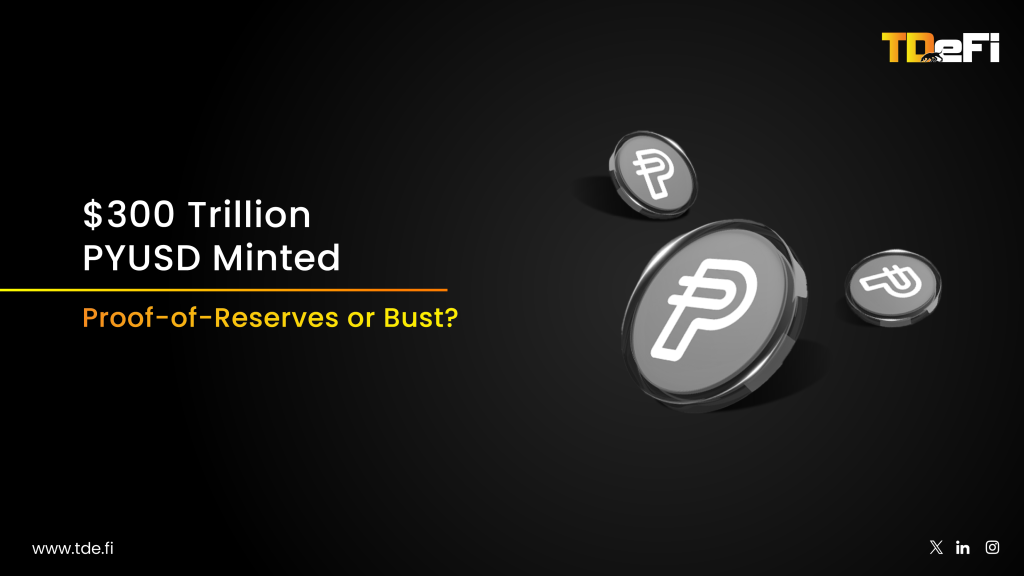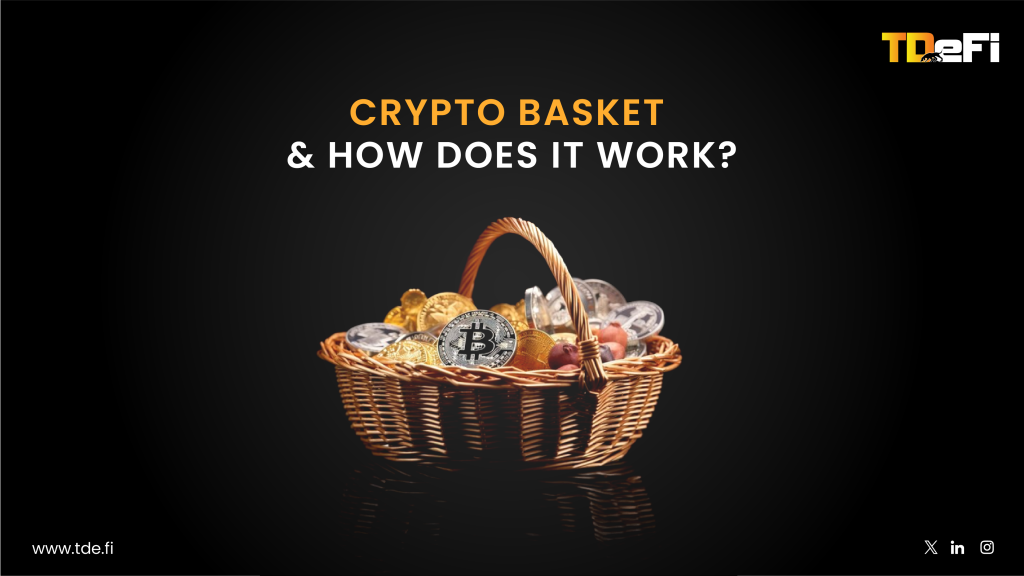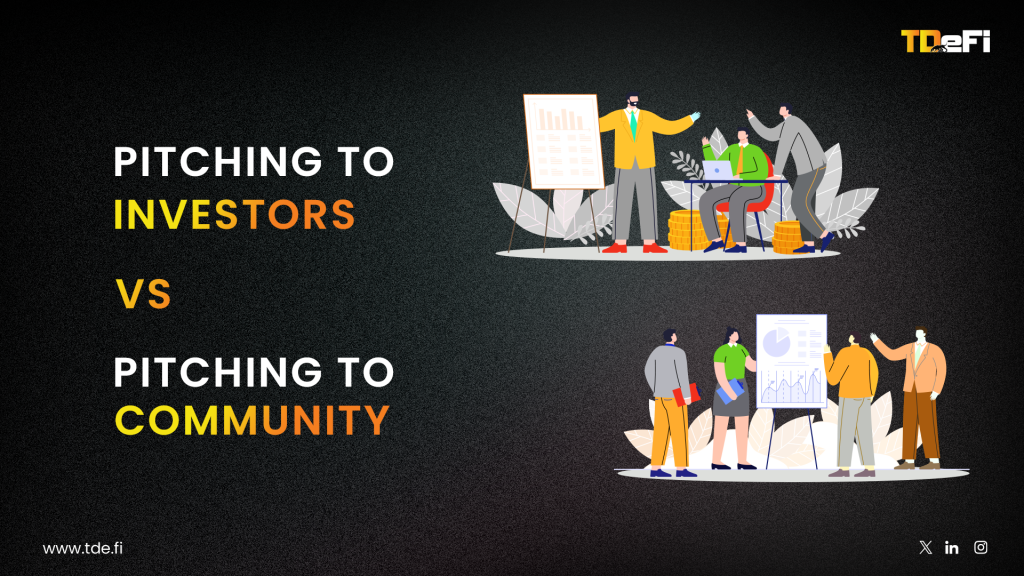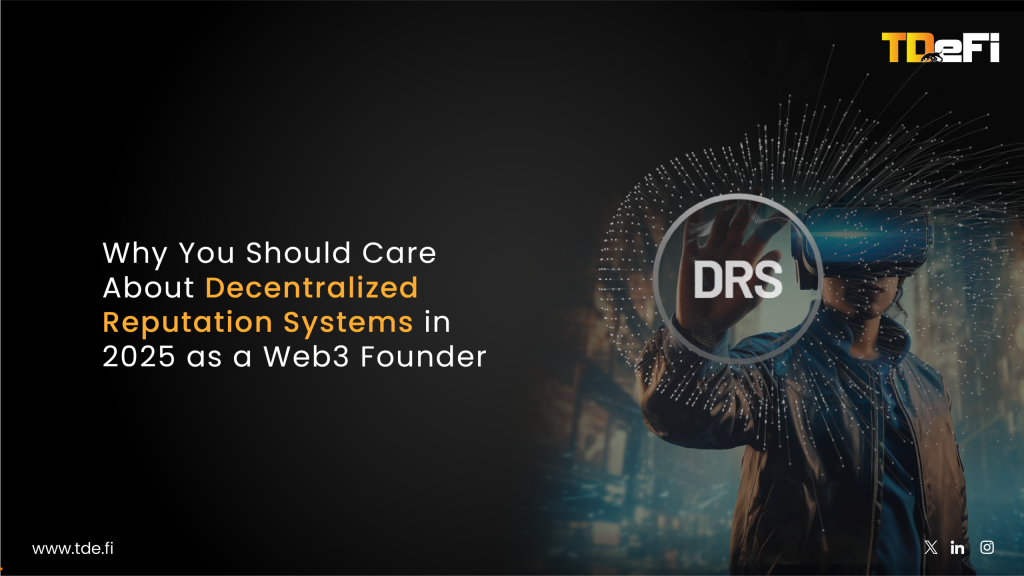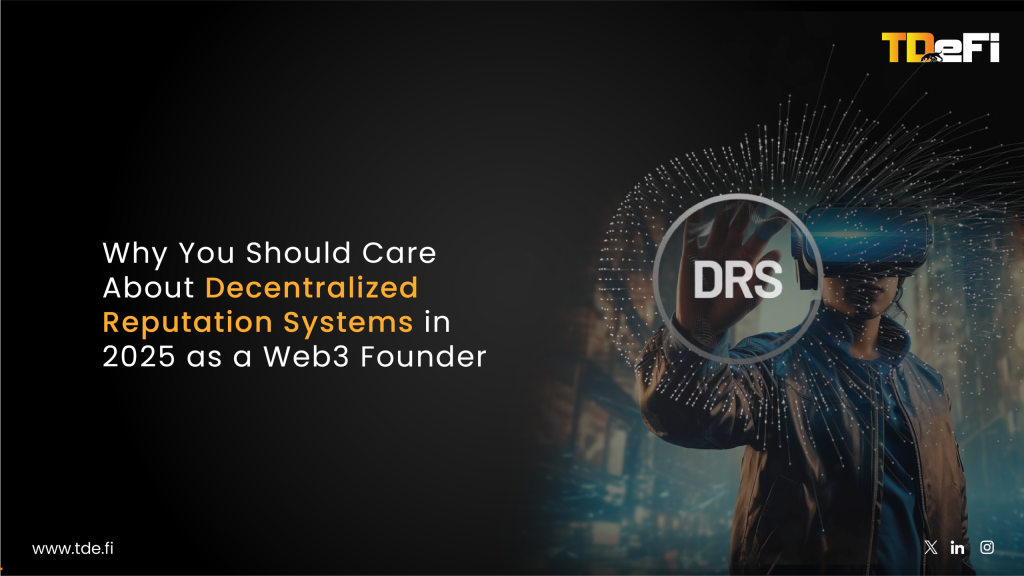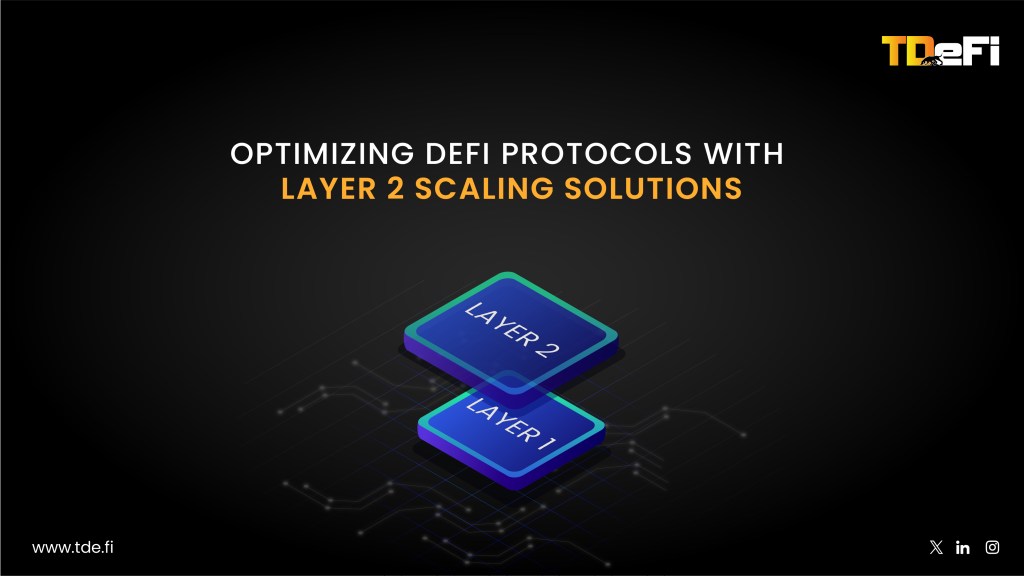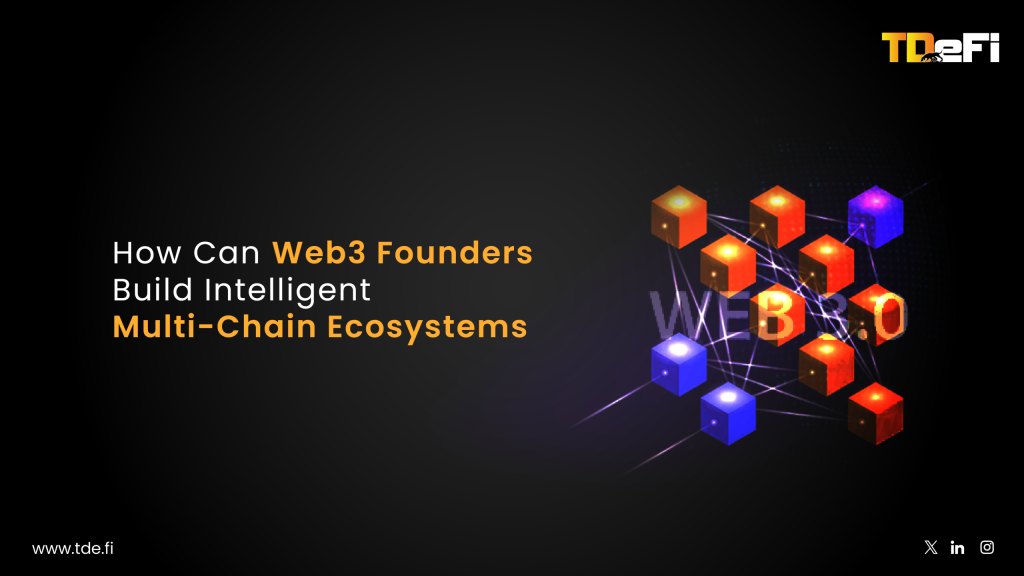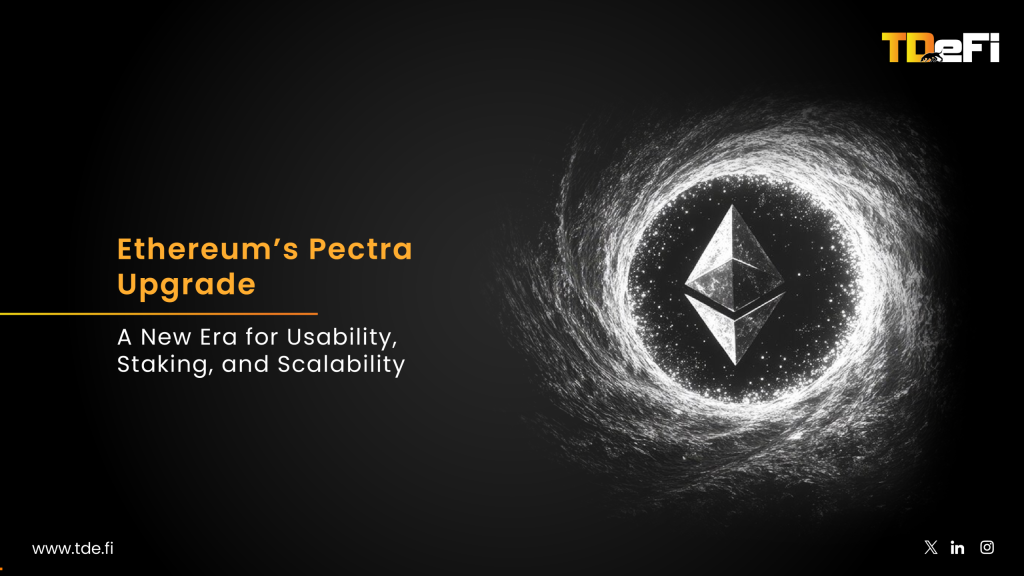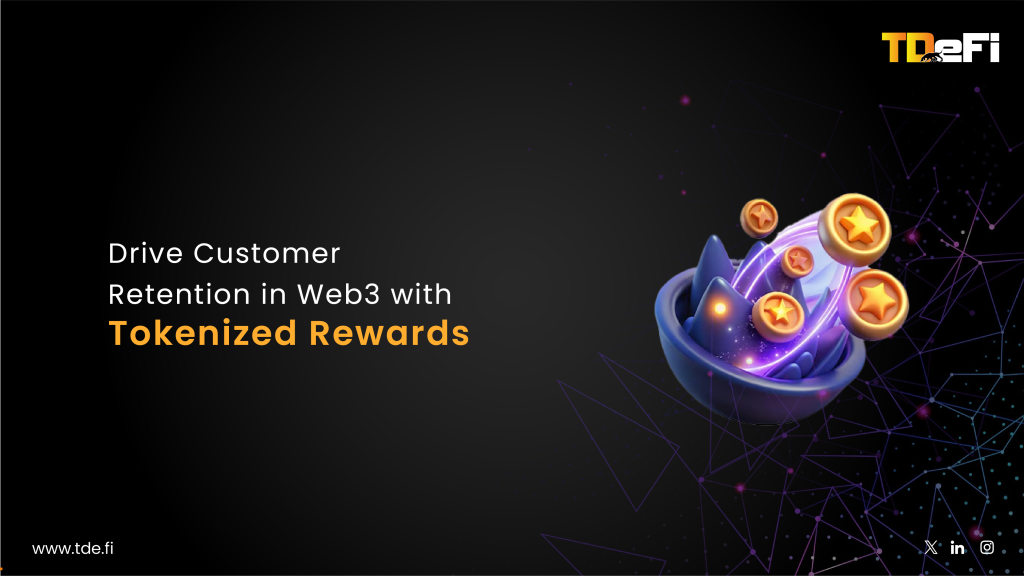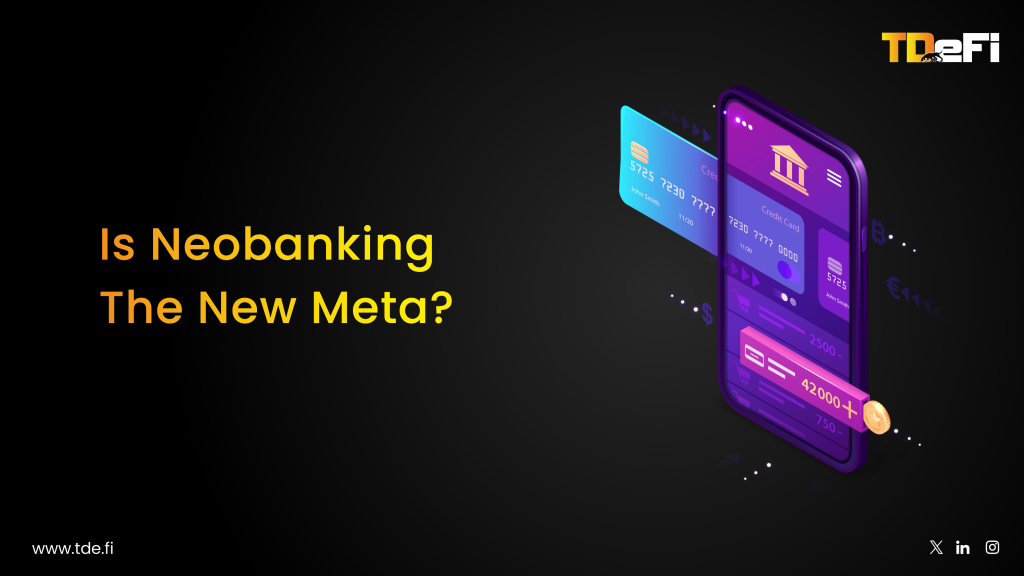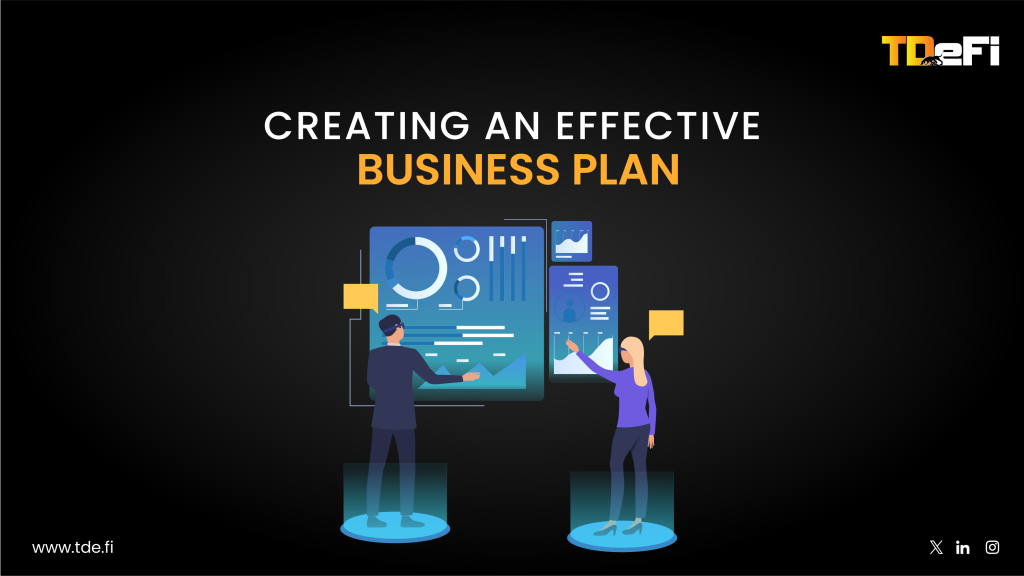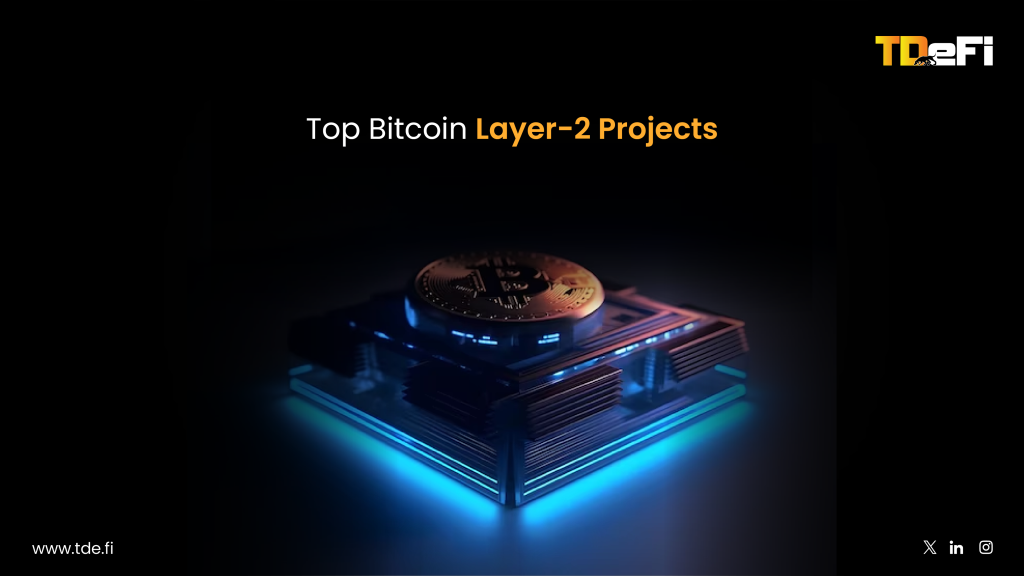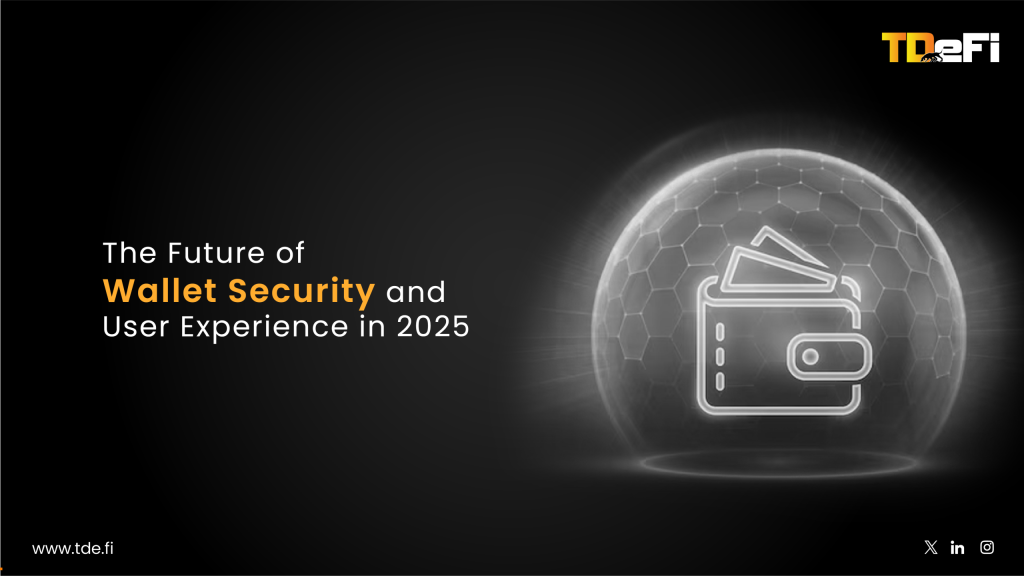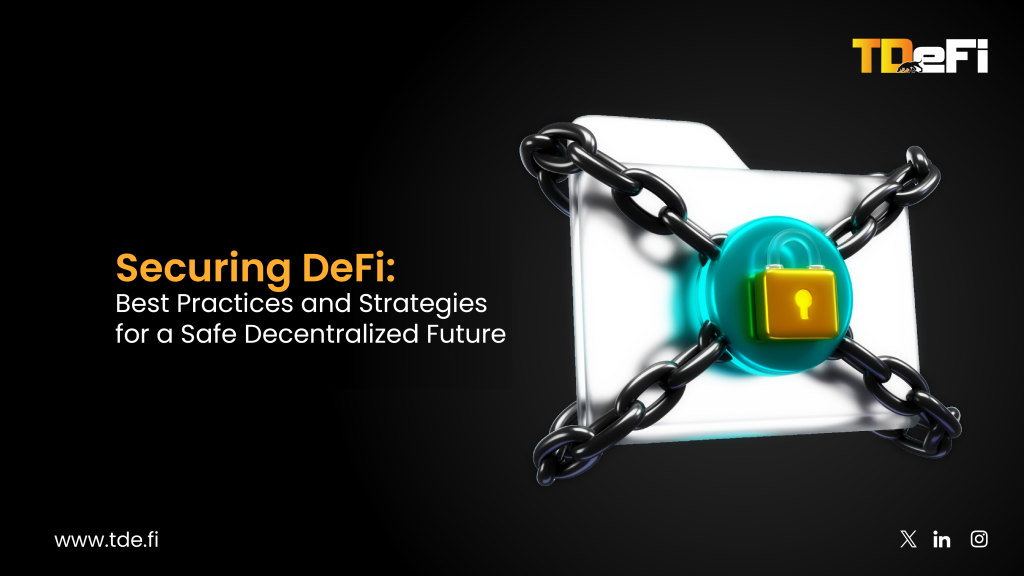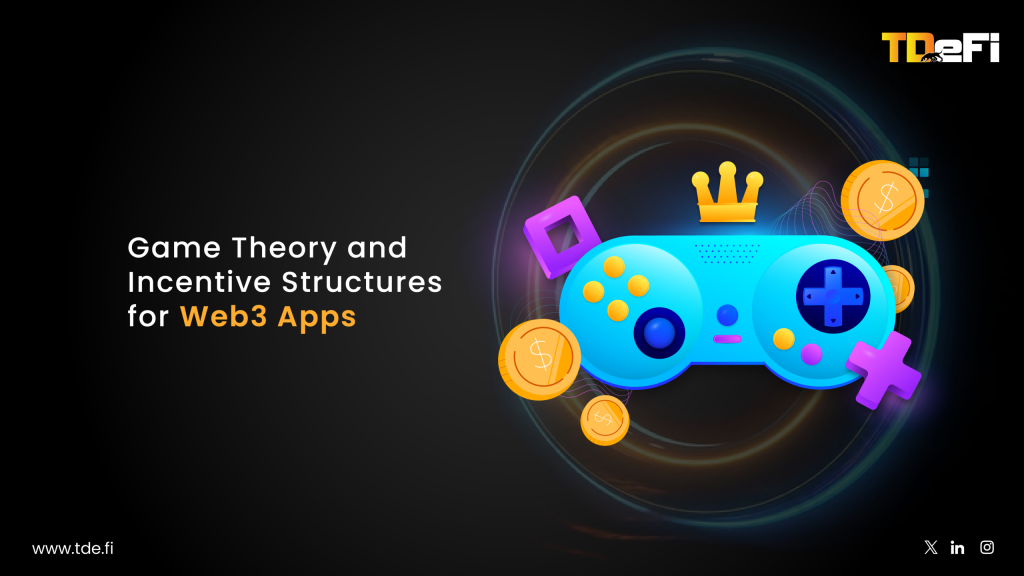Blockchain technology has revolutionized how we think about transparency, security, and decentralization. However, as blockchain adoption increases, so does the need to address issues related to scalability and privacy. Two innovative cryptographic techniques have emerged as potential solutions: Zero-Knowledge Proofs (ZKPs) and ZK Compression. Both provide unique benefits in different contexts, but it’s crucial to understand their differences, use cases, and how they impact blockchain ecosystems.
What are Zero-Knowledge Proofs (ZKPs)?
Zero-Knowledge Proofs (ZKPs) are cryptographic methods that allow one party (the prover) to prove to another party (the verifier) that they know a piece of information without revealing the information itself. This is done while maintaining three key characteristics:
- Completeness: If the statement is true, the honest prover can convince the verifier.
- Soundness: If the statement is false, no dishonest prover can convince the verifier that it’s true (except with a small probability).
- Zero-Knowledge: The proof does not reveal any information beyond the validity of the statement.
ZKPs enable a significant privacy benefit in decentralized systems by allowing data verification without exposing the underlying data.
Types of ZKPs
- ZK-SNARKs (Succinct Non-Interactive Arguments of Knowledge): A widely-used form of ZKP that enables verification in a single proof without interaction between the prover and verifier.
- ZK-STARKs (Scalable Transparent Arguments of Knowledge): These are more scalable and do not require trusted setups like SNARKs but are typically less efficient in proof size.
What is ZK Compression?
While ZKPs focus on privacy, ZK Compression tackles the problem of blockchain scalability by reducing the amount of data that needs to be stored or transmitted. ZK Compression leverages zero-knowledge principles to “compress” multiple transactions or state changes into a single proof that can be verified efficiently on-chain.
In ZK Compression, instead of proving individual transactions one by one, a batch of transactions is compressed into a single succinct proof that represents the validity of all transactions in the batch. The verifier can then check this proof with much less computational effort, improving the scalability of the system.
ZK Compression Characteristics
- Completeness: The compressed proof must correctly represent the validity of all transactions or data involved.
- Soundness: The compression must ensure that no invalid transactions or data are included without being detected.
- Zero-Knowledge: The compression technique can hide details of the individual transactions, offering privacy benefits similar to ZKPs in certain use cases.
ZKPs vs. ZK Compression: Key Comparisons
| Aspect | Zero-Knowledge Proofs (ZKPs) | ZK Compression |
| Purpose | Privacy preservation by proving knowledge without revealing data | Scalability improvement by compressing multiple transactions into a single proof |
| Characteristics | Completeness, soundness, zero-knowledge | Completeness, soundness, zero-knowledge (can vary in specific implementations) |
| Efficiency | Efficient in verifying specific claims but can be computationally heavy for large sets of data | Extremely efficient in terms of reducing the amount of data processed and stored |
| Privacy | Strong privacy features, hiding underlying information from the verifier | Can provide privacy but primarily focuses on data efficiency |
| Blockchain Use Cases | Privacy-preserving transactions, identity verification, private smart contracts | Scaling solutions for transaction throughput, Layer 2 solutions, reducing on-chain data load |
| Limitations | Computational overhead, large proof sizes (especially in ZK-STARKs) | Loss of granular transaction details, complexity in proof generation |
Use Cases in Blockchain
ZKP Use Cases
- Privacy Coins: Zcash is a prominent example where ZKPs ensure that transaction amounts and other sensitive details are hidden while still verifying the validity of transactions.
- Decentralized Identity: ZKPs can be used to prove identity without revealing personal information, a critical feature in decentralized identity solutions (e.g., through systems like zkSync).
- Private Smart Contracts: ZKPs can be used in decentralized finance (DeFi) to protect sensitive financial data in smart contracts, while still ensuring their execution validity.
ZK Compression Use Cases
- Layer 2 Scaling Solutions: ZK Compression is used in rollup technologies like zk-Rollups, which batch multiple transactions and provide a compressed proof to the Ethereum mainchain. This allows for high throughput without overwhelming the mainchain.
- Reducing On-Chain Data: ZK Compression can be applied to compress state changes or contract interactions, making systems like Ethereum more scalable by reducing gas costs and storage requirements.
- Blockchain Data Storage: Compressing historical data or logs in decentralized systems while retaining verifiability helps reduce the storage burden on full nodes.
Closing Thoughts
Both Zero-Knowledge Proofs (ZKPs) and ZK Compression offer significant advantages to blockchain technology, but they serve different purposes. ZKPs primarily enhance privacy by allowing participants to prove the validity of data without revealing it, while ZK Compression focuses on improving blockchain scalability by reducing data load and increasing transaction throughput.
As blockchain technology continues to evolve, these two cryptographic techniques will likely be used in tandem. Privacy-focused applications will benefit from ZKPs, while Layer 2 scaling solutions and blockchain infrastructure will leverage ZK Compression to handle higher volumes of transactions efficiently. By understanding the differences and synergies between these techniques, blockchain developers and innovators can build more robust, scalable, and private decentralized applications (dApps).




